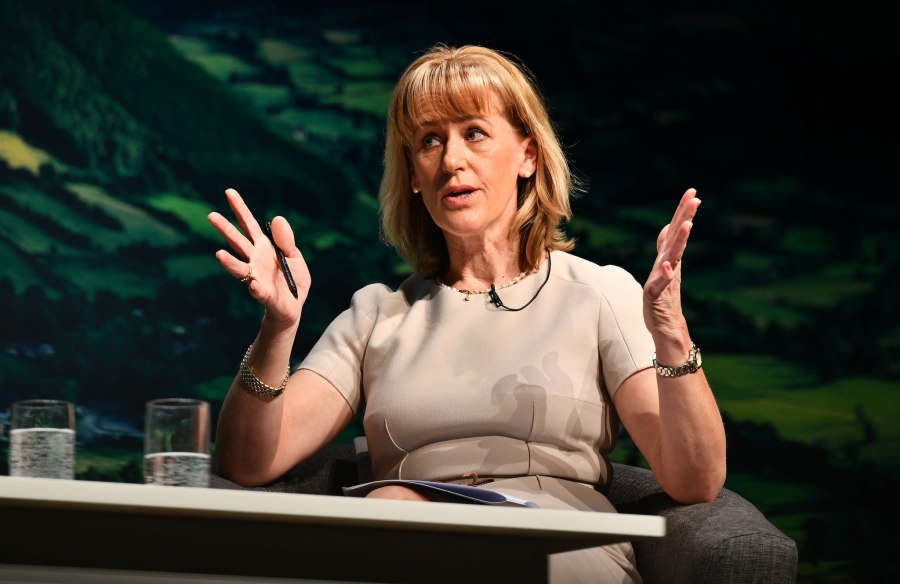
The UK and Australia have finalised a new trade deal promising benefits for consumers and businesses, but the NFU warns there is 'extremely little' in it for British farmers.
The deal was agreed in principle by Prime Ministers Boris Johnson and Scott Morrison in June, and negotiators have now finalised all chapters of the agreement.
The final deal was signed in a virtual ceremony on Thursday night, and will now be laid in parliament for a period of scrutiny.
The government said the agreement would unlock £10.4bn of additional trade while eliminating tariffs on all UK exports.
However, UK farm leaders have highlighted concern that they could be undercut by lower-standard cheaper food imports.
Responding to the finalised deal, the NFU said there appeared to be 'extremely little' in the agreement that would be of benefit to British farmers.
The union added that it was 'one-sided', with Australian farmers achieving 'all they have asked for'.
For Australia, the free trade agreement ends tariffs from 99% of its exports, such as wine, beef and sugar.
The deal removes tariffs on all UK exports, making it cheaper to sell products like cars and Scotch whisky to Australia.
But despite assurances that certain sectors would be afforded some level of protection, there will be full liberalisation of dairy after six years, sugar after eight years and beef and lamb after 15 years.
And there will also be no safeguards available for any products if imports reach damaging levels after that 15 years is up.
The UK has agreed to beef and lamb quotas which will favour imports of high-value cuts, despite this being the end of the market where British farmers tend to derive any value.
NFU's President Minette Batters said the UK government had 'capitulated' to Australian demands to time-limit any safeguards for sensitive sectors.
She also warned there were no measures to allow the UK to control imports of food produced below the standards legally required of British farmers.
“This deal simply serves to heap further pressure on farm businesses at a time when they are facing extraordinary inflationary pressure and sustained labour shortages," Mrs Batters said.
“The government needs to level with farmers about the commercial reality of this and ditch the soundbites that lost any meaning a long time ago."
She called for the government to set out a detailed agri-food export strategy, with complementary policies that would enable UK farmers to compete and adjust.
"We have seen some progress as the government begins to set out its export strategy, but much, much more is needed and implementing our three-point plan for getting farming ‘match-ready’ would be a good start."
She added: “I hope that MPs will now take a good, hard look at this deal to see if it really does match up to the government’s rhetoric to support our farmers’ businesses... I fear they will be disappointed.”
